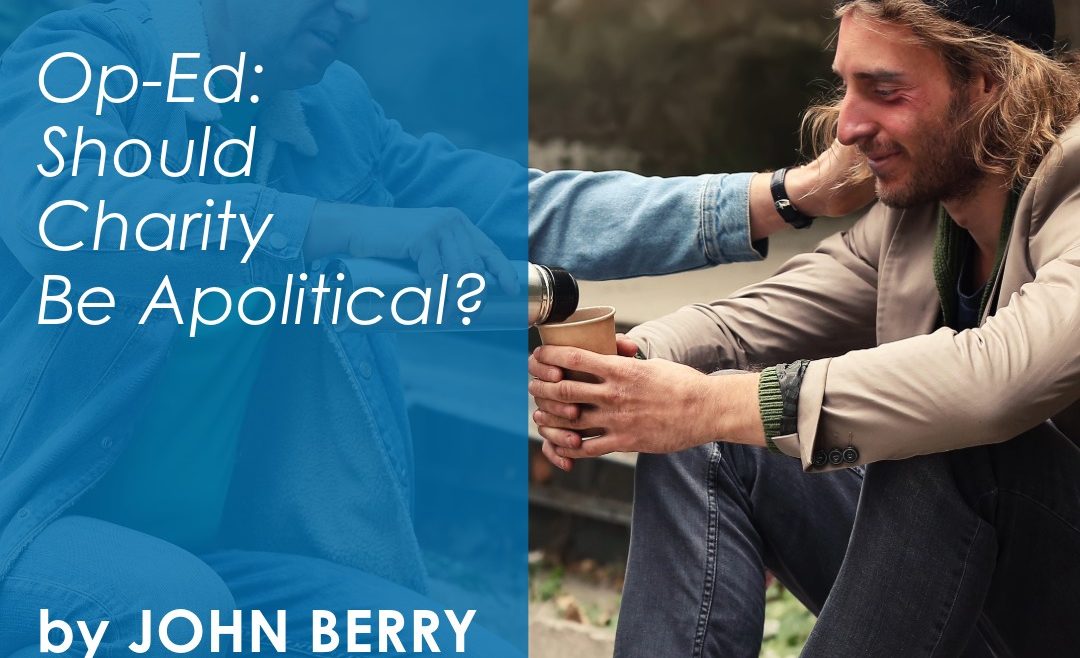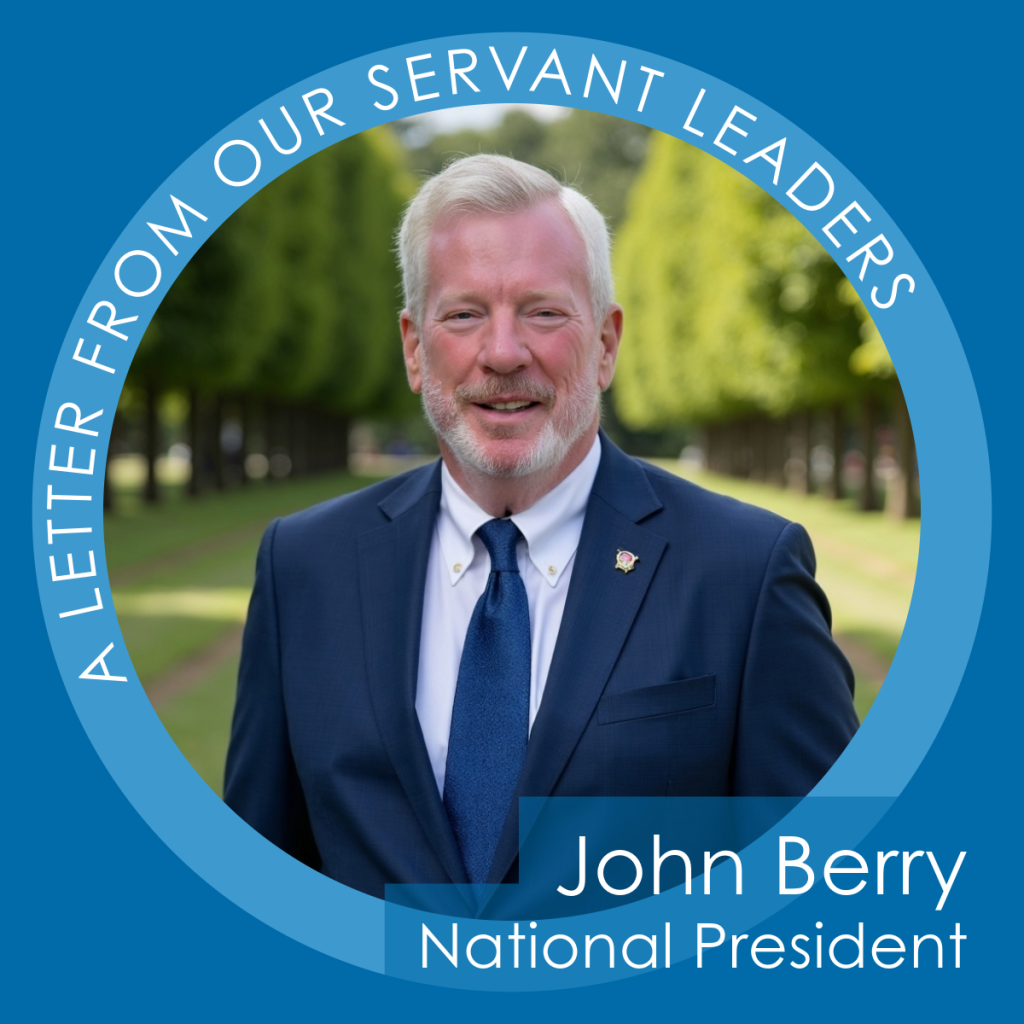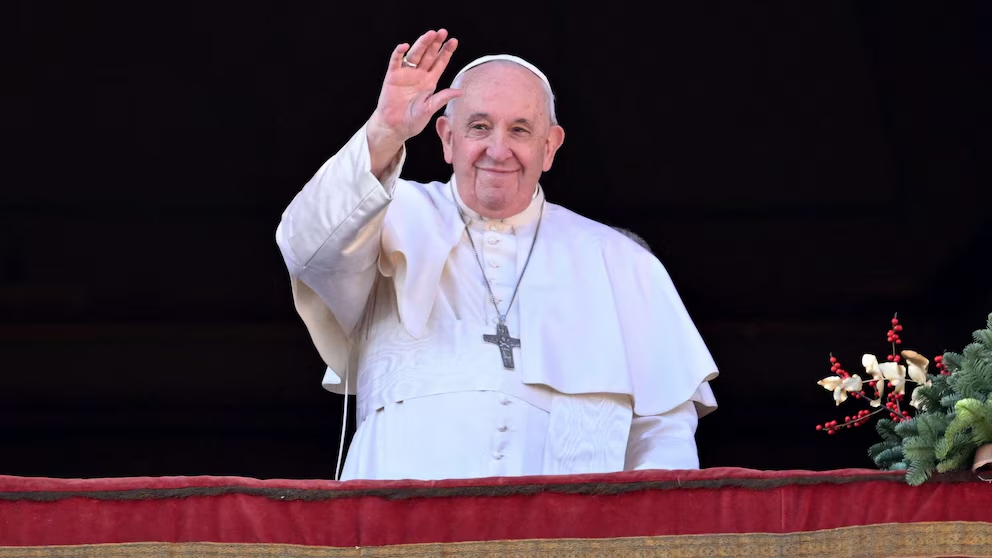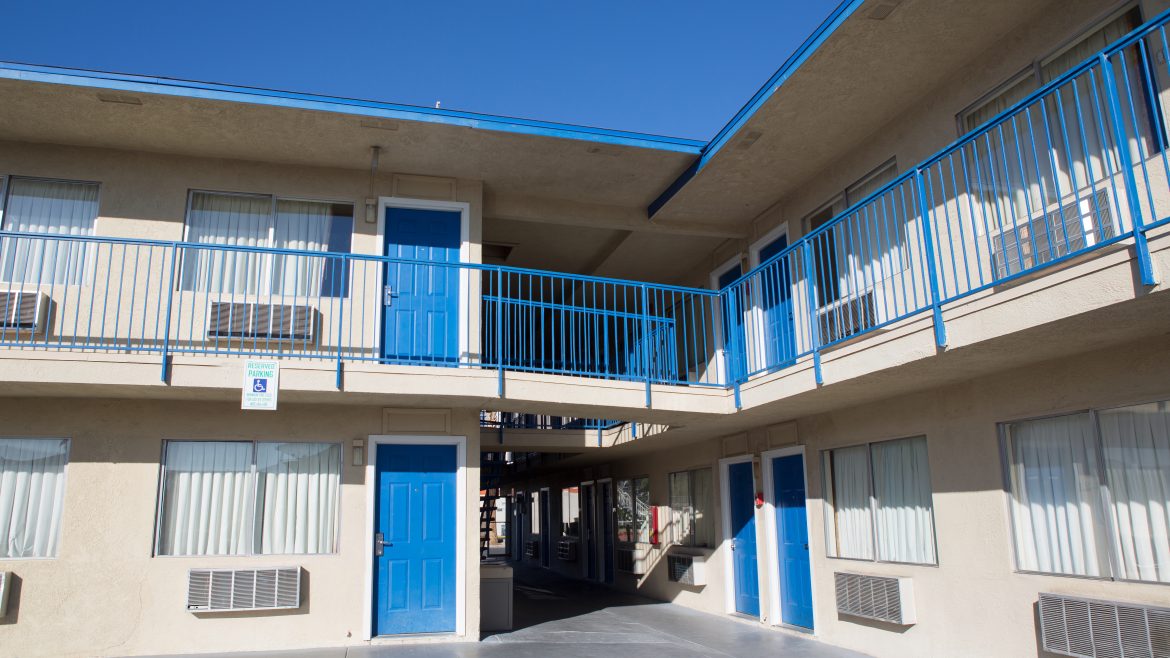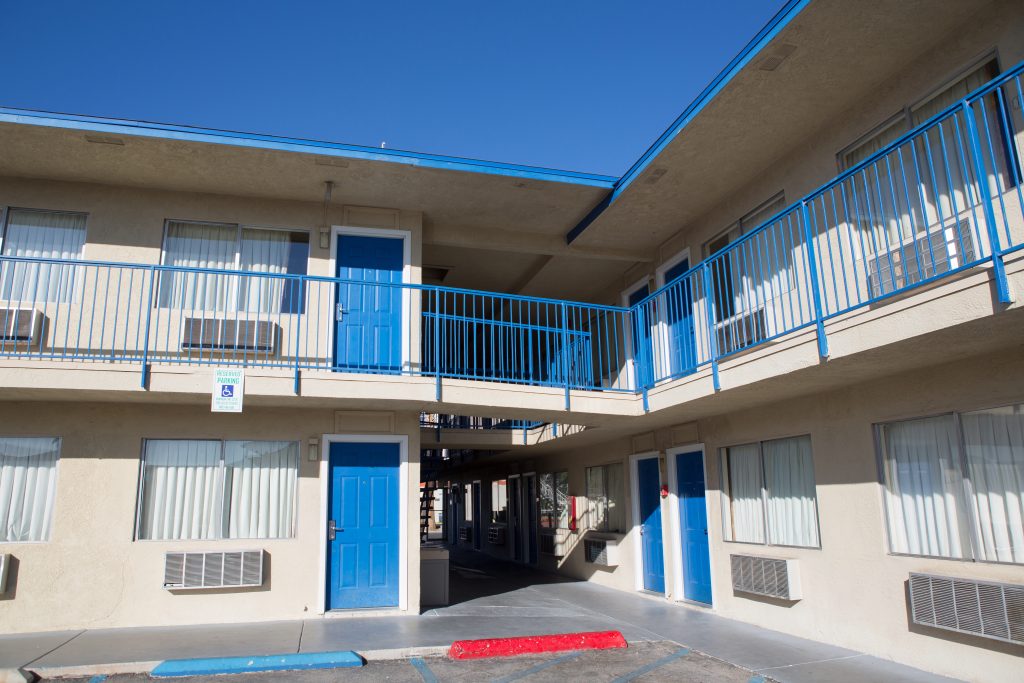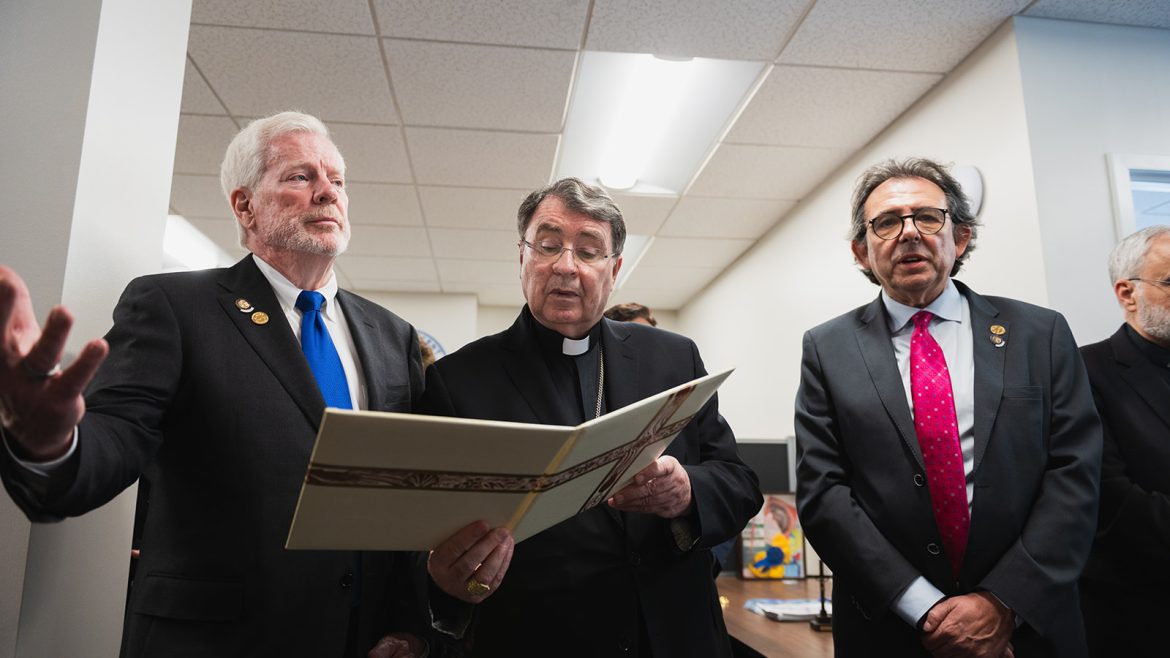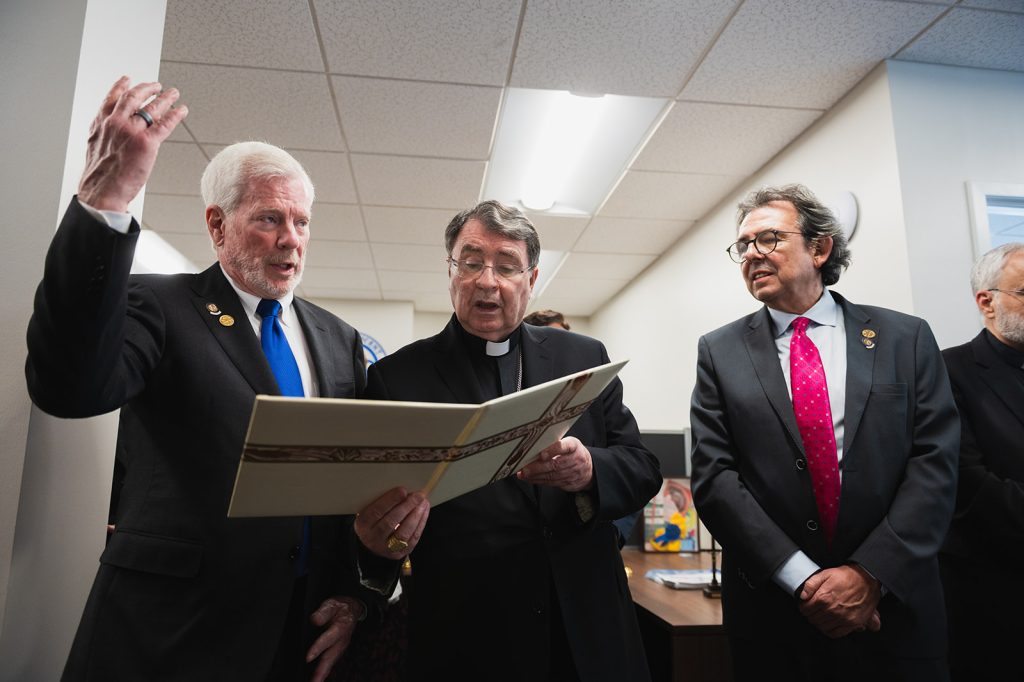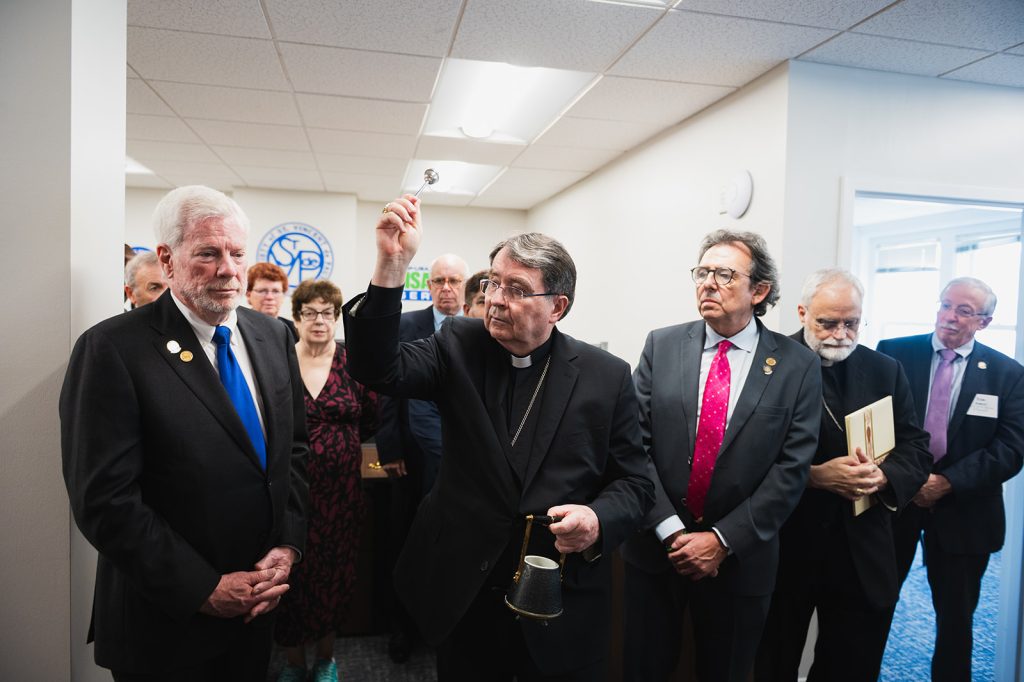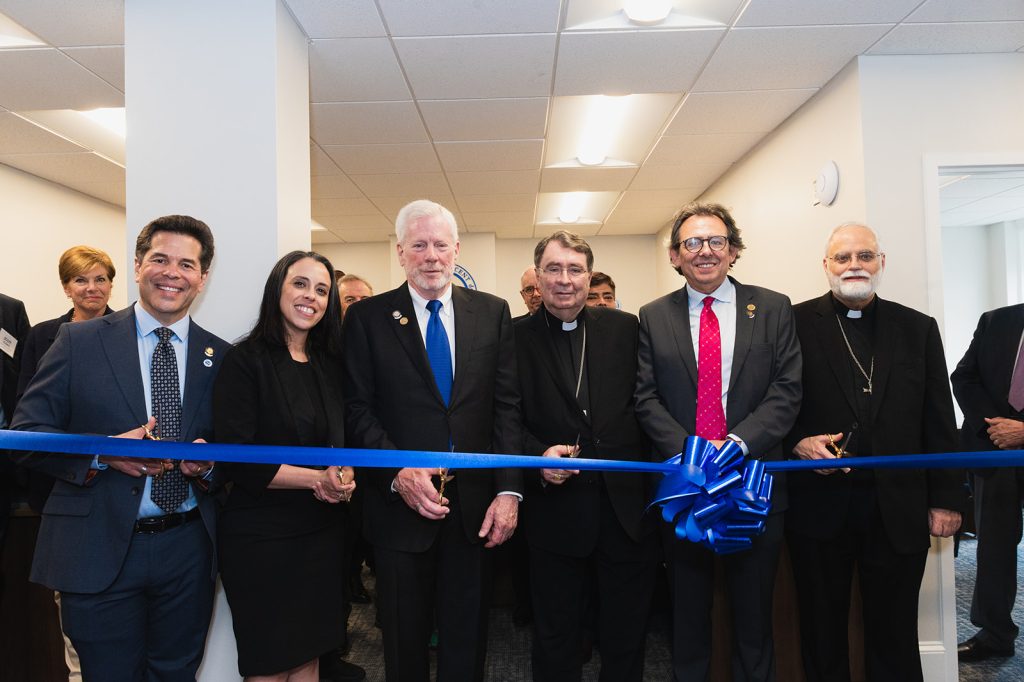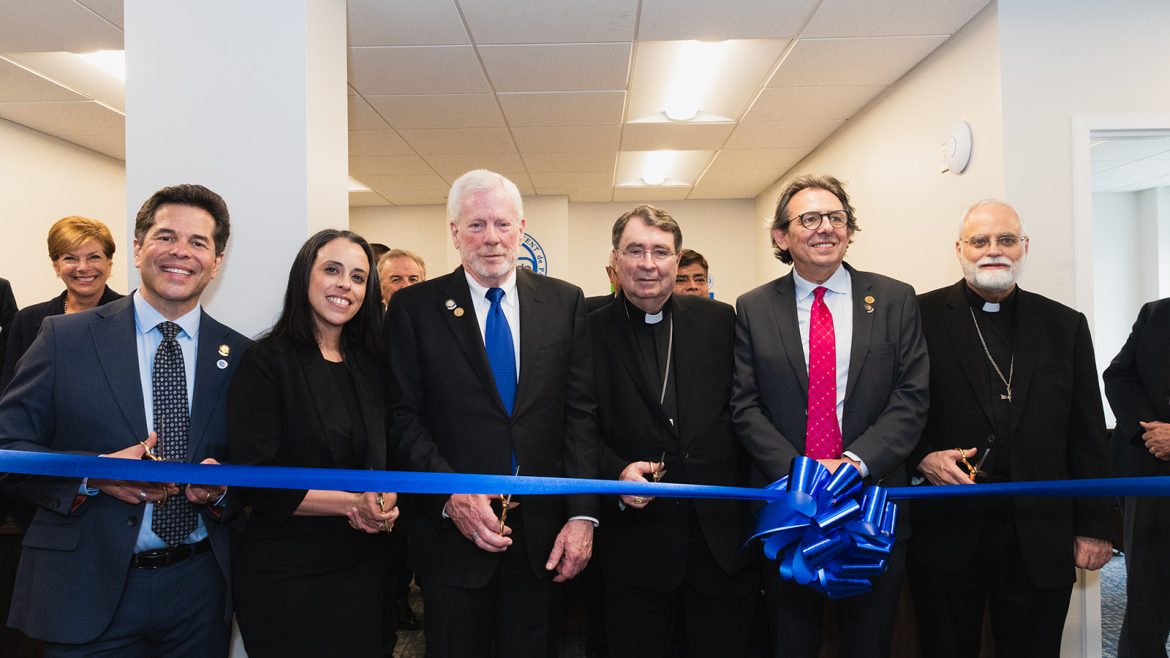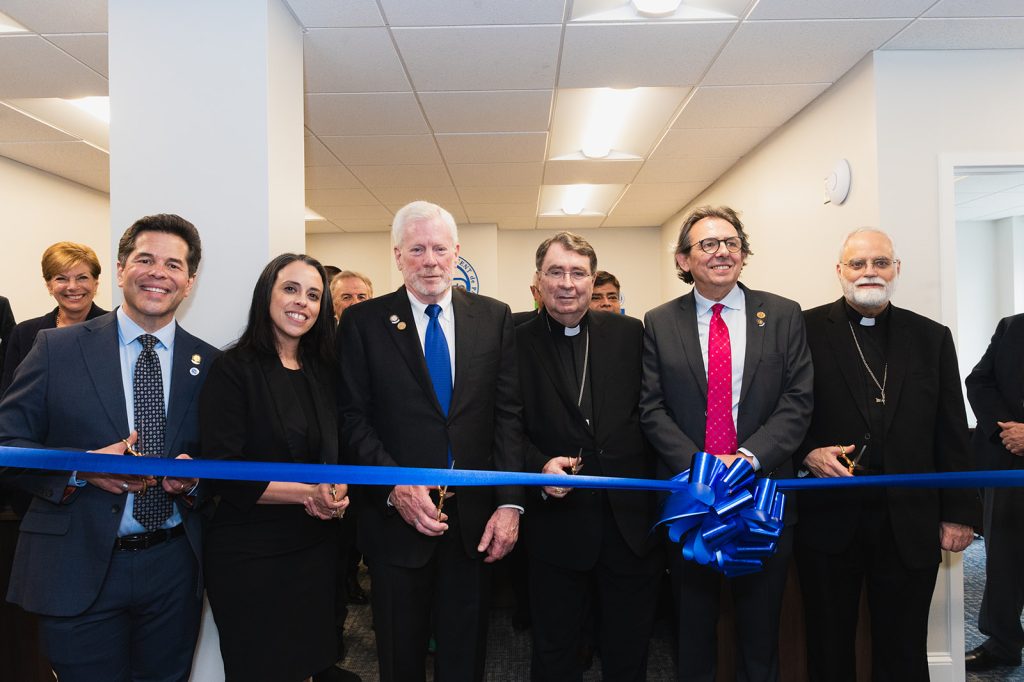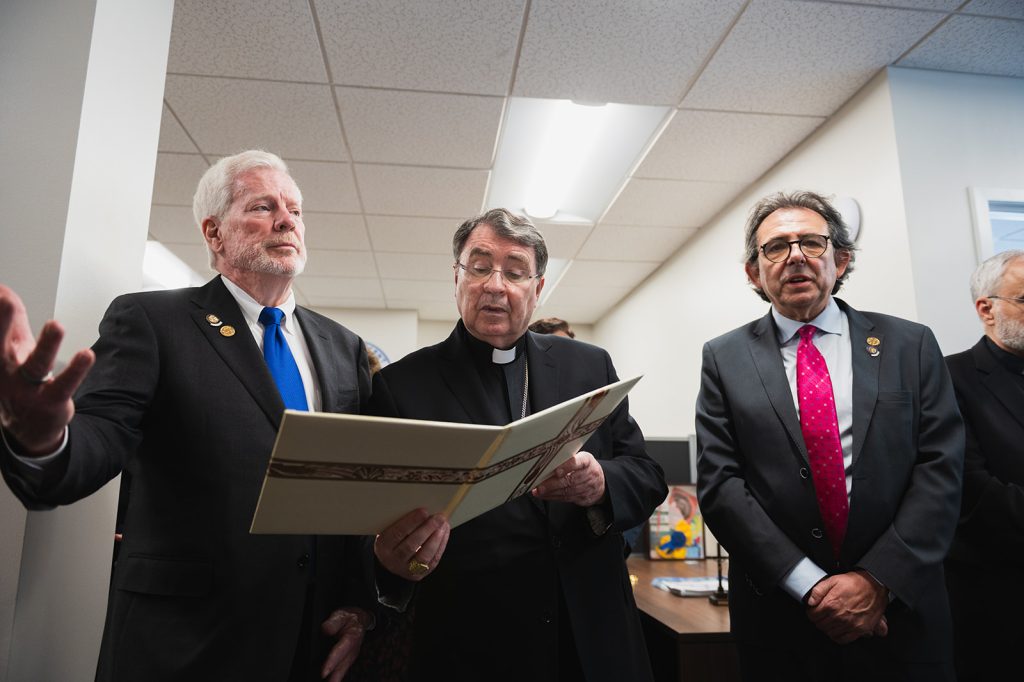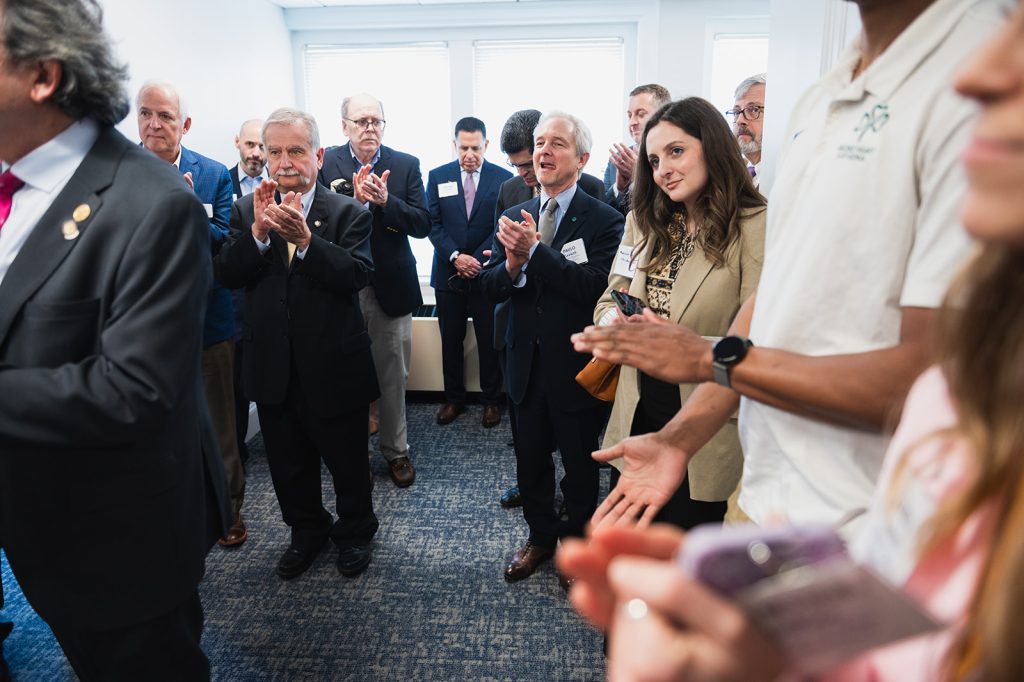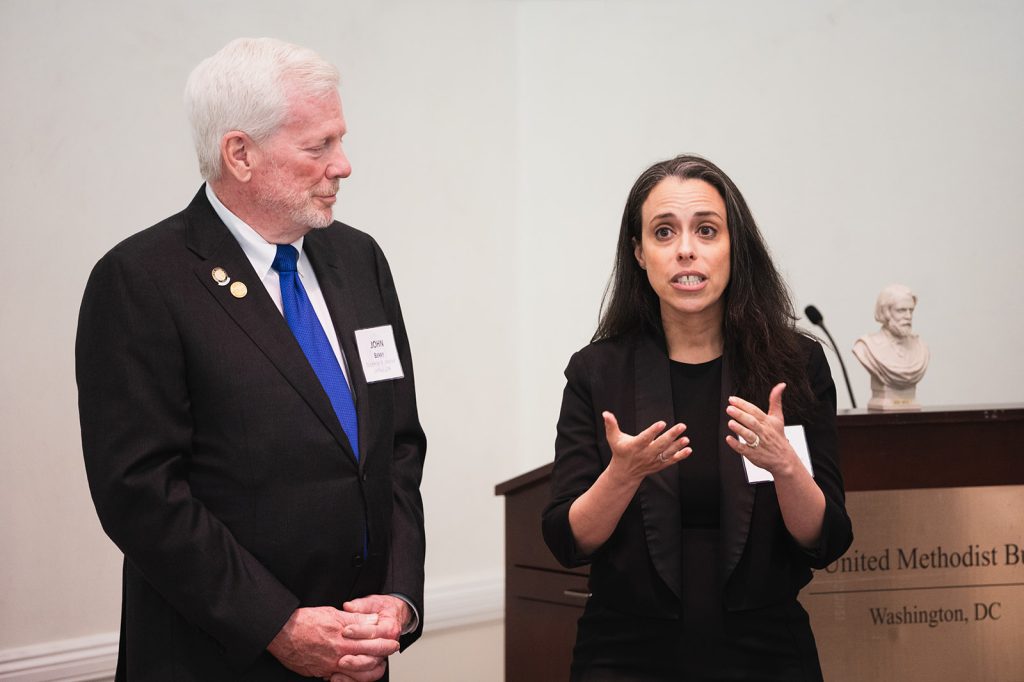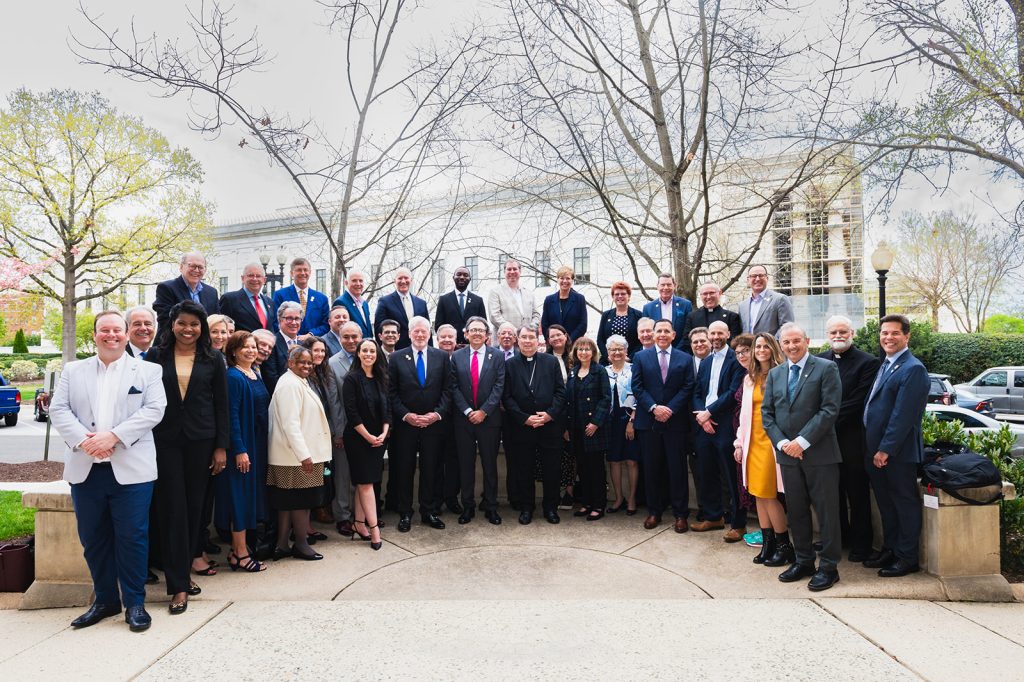Op-Ed Published 4/25/2025 in Real Clear Religion. Submitted by John Berry, National President of Society of St. Vincent de Paul USA
Why should a Catholic charity involve itself in advocacy? “Stay out of politics,” many would say. If you want to help the poor, stick with works of charity. Leave it to the experts to address the issues that cause or perpetuate poverty, dependency, and need.
As the president of the Society of St. Vincent de Paul (SVdP) USA — one of the largest religious charities in the country — I feel the weight of this question acutely.
At SVdP, we serve those in need without regard for their demographics or creed, no matter what political party is in power. But increasingly, I am convinced that the work of charity cannot, and must not, be neatly divided from the claims of justice. In other words: While SVdP is not a political organization, our work and our faith demand that we advocate for those living in poverty.
In America today, more than a half a million people every night experience homelessness. That number is rising, and the face of poverty is changing; seniors, women, single parents, and the displaced middle class have become a larger part of the more than 5 million people we serve every year.
A recent client at an SVdP in a Midwestern city exemplifies this trend. For years, Scott had worked hard and lived comfortably in the same home. Then his work hours were cut and his health declined; he had to assume primary caregiver responsibilities for his 80-year-old father and a fire forced them to leave their home. Just like that, he was facing homelessness and came to St. Vincent de Paul with nowhere else to go.
As Christians, we cannot simply walk by when we encounter suffering. We are called to act. But what kind of action is called for?
“It is too little to relieve the needy day by day,” wrote Blessed Frédéric Ozanam, the founder of the Society of St. Vincent de Paul. “It is necessary to get to the root of the evil, and by wise reforms to diminish the causes of public misery.”
Ozanam famously compared the work of charity to “the Samaritan who pours oil on the wounds of the traveler who has been attacked,” before adding: “It is justice’s role to prevent the attack.” The personal encounter with our neighbor in need must propel us into action. Charity alone is not enough. We must become fighters for justice.
I am not simply making a “treat the root causes” argument for why religious charities like the Society of St. Vincent de Paul should not shy away from pursuing policy change. I am saying we have a particular responsibility to advocate on behalf of those we serve. Why? Because the people best equipped to craft policy changes that will truly help the poor and suffering are those who have personally served them, spoken with them, listened to them.
It is with this responsibility in mind that the Society of St. Vincent de Paul is opening a second National Office, in Washington, DC. We will increase our efforts to advocate on behalf of those we serve and turn our focus more intensely towards the pressing issues of our time, particularly the scourge of poverty and homelessness that afflicts far too many of our fellow Americans. Recently, for example, we urged Congress to expand the Child Tax Credit. We also spoke out against cuts to the U.S. Department of Agriculture’s food purchase program for schools and foodbanks.
In so doing, we are not drifting from the proper scope of our mission: We are focusing it. SVdP volunteers across the country spend countless hours each year in service to those living on the margins. We don’t come to understand the situations of neighbors in need from books or think tank sessions. We learn by being with them, suffering with them, praying with them, caring for them, loving them. The direct relationship we have with our neighbors in need gives us perspective and insight that we must share with policy makers, like-minded nonprofits, and other organizations to help drive change.
In other words: Charity must lead us towards justice. The personal encounter with those in need obligates us to advocate on behalf of those we serve. If we understand the root of their struggles and yet do nothing to help address the underlying causes, how is that any different from seeing them hungry or cold and refusing to provide them food or warmth?
“When we have fulfilled this ministry, not for a few months, but for many years,” the Society of St. Vincent de Paul’s founder wrote, and when we have cared for those in need “at home, at school, at the hospital, not in one city only, but in many . . . then we begin to know the elements of this formidable problem of misery; then we have the right to propose serious measures, and instead of frightening society, we give it consolation and hope.”
So many struggling Americans need consolation and hope today. Those who serve them in charity must not hesitate to advocate on their behalf for justice.

